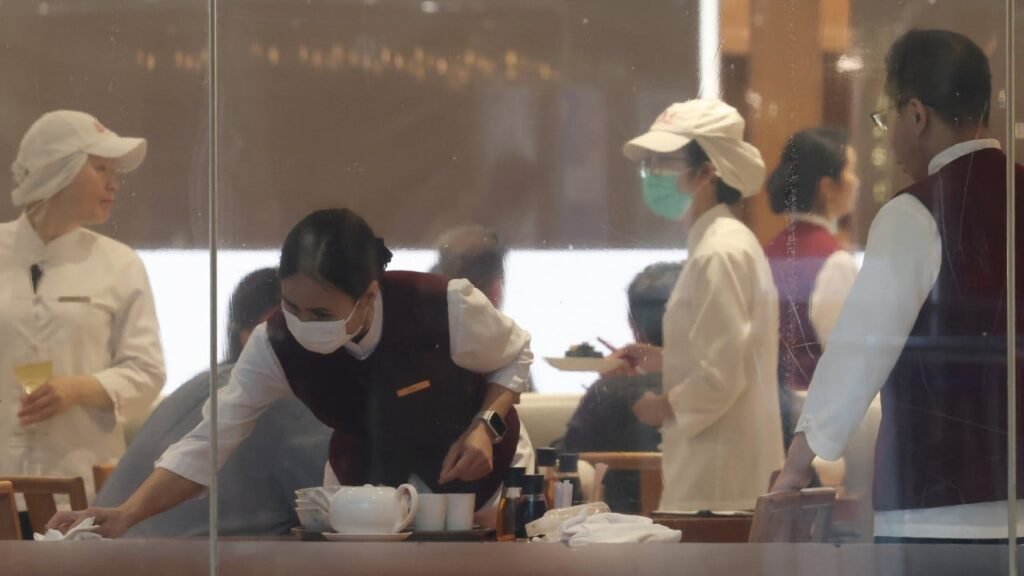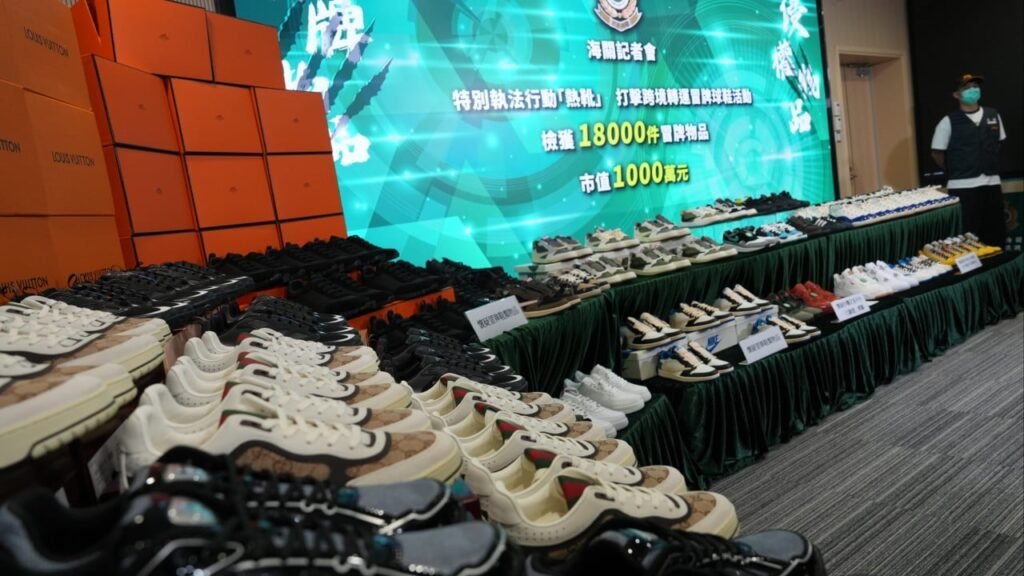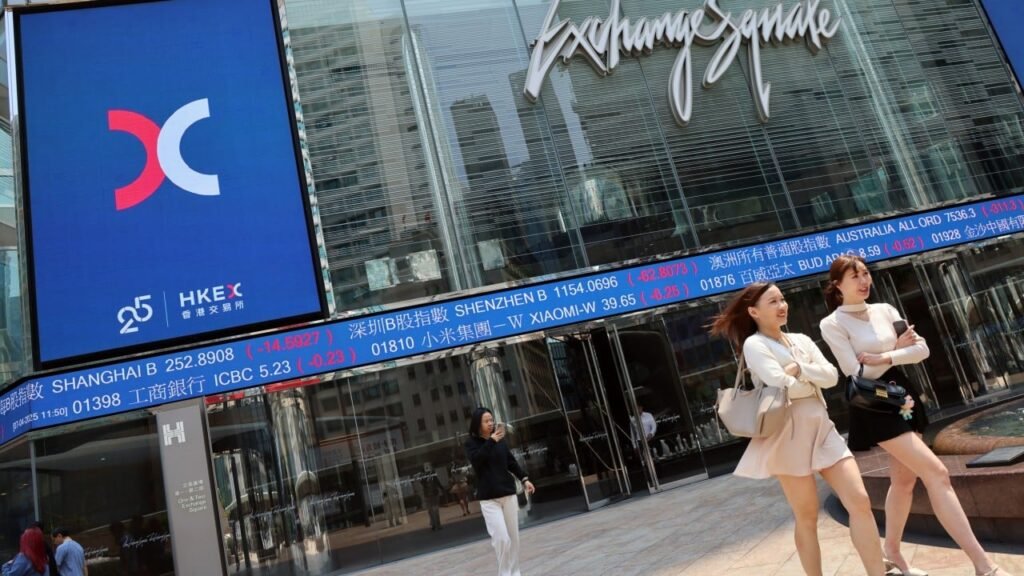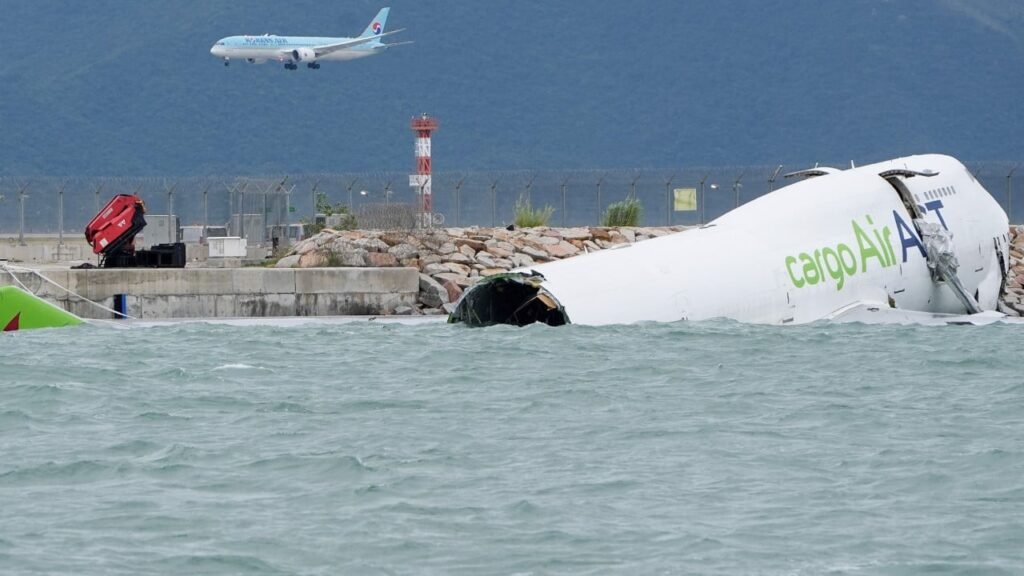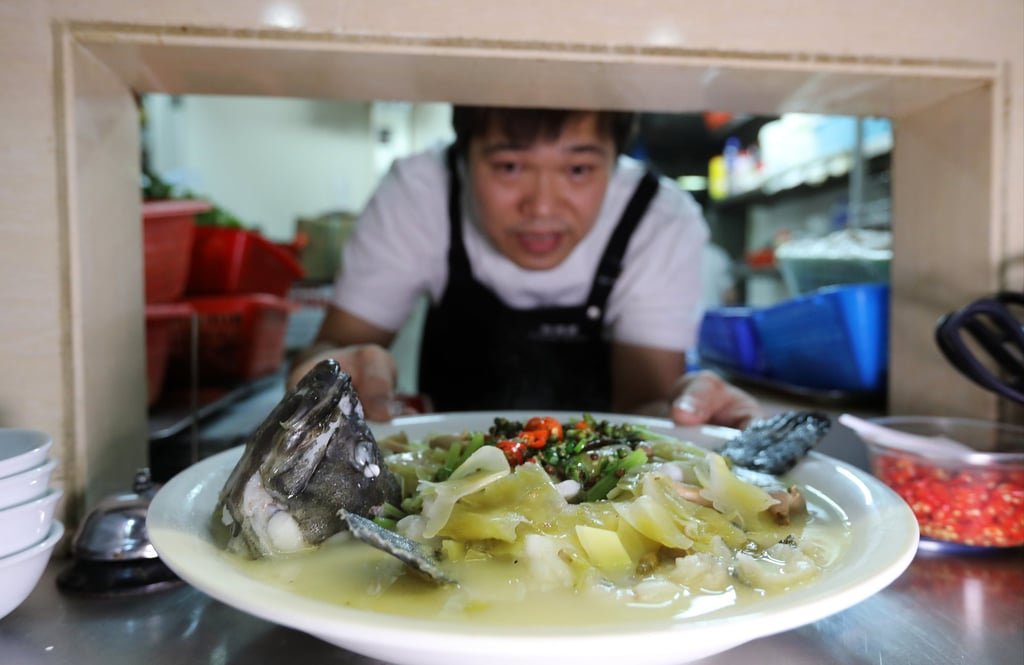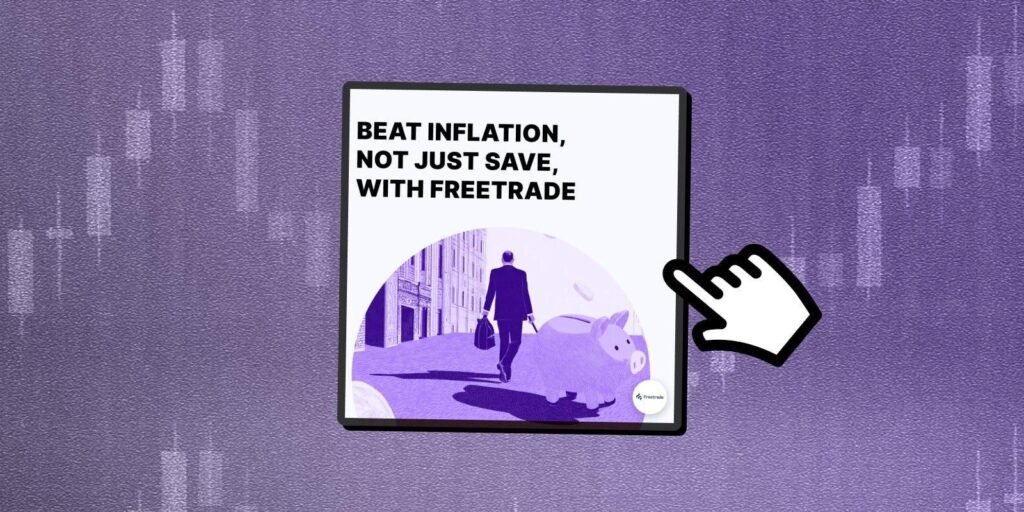Hong Kong is eyeing sustainable aviation fuel (SAF) as it races to achieve carbon neutrality before 2050.
—
Airplane travel is one of the most carbon-intensive activities. In 2023, the aviation industry’s carbon emissions reached 950 megatonnes, accounting for 2.5% of the world’s emissions. To address this issue, sustainable aviation fuel (SAF) has been developed as an alternative to petroleum-based aviation fuel.
As announced in the Hong Kong Policy Address 2025, Hong Kong is eyeing SAF. In this respect, the city is planning to develop a SAF industry chain in cooperation with mainland China authorities, adopt specified SAF consumption targets for flights departing from the Hong Kong International Airport by 2030, and build a SAF blending facility to boost competitiveness.
What Is SAF?
Instead of petroleum, SAF is made from sustainable feedstock such as municipal solid waste, agricultural residues, oils, and fats.
The Fischer-Tropsch Synthetic Paraffinic Kerosene is one of the most common types of SAF. First, the appropriate feedstock, like wood waste, agricultural residue, and municipal solid waste, will undergo a thermochemical process called gasification. During this process, biomass will first be heated to remove its water content and break its structure into simpler molecules. Then, a chain of chemical reactions will happen under high temperature (above 700) in an environment with limited oxygen. As a result, the biomass will be converted into syngas that primarily consists of carbon monoxide and hydrogen. After removing the impurities, the syngas can be fed into the reactor to produce liquid hydrocarbons by undergoing the catalytic chemical reaction. The liquid hydrocarbons can be used as aviation fuel after refining.
Why SAF?
There are various advantages to adopting SAF in Hong Kong.
First, SAF is a drop-in fuel that can be directly used in current aircraft. It means that there is no impact on the performance, and no modification or extra infrastructure is required.
Depending on the type of feedstock and production methods, SAF can be blended with conventional aviation fuel in a range of 10% to 50%, with lifecycle carbon emission reductions of up to 80% compared with conventional fuel. Using SAF can also improve air quality by lowering emissions of sulfur and particulate matter.
All this makes SAF a great ally in decarbonization efforts globally and in Hong Kong – the city is committed to reducing carbon emissions by 50% compared with the 2005 level by 2035 and achieving carbon neutrality by 2050.

Developing SAF is also beneficial for businesses. While airlines can reduce the scope one emissions generated by their aircrafts, other companies can also benefit in the resulting reduction of upstream scope three emissions generated by business travel. As a result, these companies can not only lower their carbon footprint but also reduce the risk of financial loss caused by climate change.
As required by the Hong Kong Exchange and Clearing Limited, all listed companies in Hong Kong have an obligation to disclose sustainability-related information – better known as Environmental, Social, and Governance (ESG) standards – to the public. Therefore, companies that develop or support SAF can increase their business reputation and attract new investment.
Challenges
Although developing SAF is a good solution to decarbonize aviation, it comes with some challenges.
Currently, the cost of SAF is about two to three times that of conventional aviation fuel. The reason is associated with the limited feedstock supply. Some feedstock, such as crop and virgin oil-based feedstock, may lead to deforestation, land use change, and biodiversity loss. If forests are removed, a massive amount of carbon dioxide stored in the trees will be released back to the atmosphere.
It is also difficult to ensure a consistent supply of feedstocks like solid waste and agricultural residues. This, in turn, means higher production costs. As a result, airlines may continue to use conventional aviation fuel to save costs and avoid increasing ticket prices.
Overcoming these challenges requires detailed planning and supportive policies, such as diversified feedstock and production methods and government subsidies.
Moreover, global SAF adoption is slow. In 2024, global SAF production accounted for just 0.3% of the total aviation fuel production. It is expected to reach 0.7% of total jet fuel production this year.
Without government incentives and leadership, research and development as well as adoption of SAF technology will lag behind, hindering progress of the aviation industry’s decarbonization efforts.
More on the topic: Sustainable Aviation Fuel: State of the Industry and Challenges
Greenwashing Accusations
SAF has been described as a form of greenwashing – when companies make misleading statements about the environmental impacts of their products as a marketing tactic.
In fact, SAF is a vague term. People with an inadequate understanding may think it is a completely sustainable solution that has zero emissions. Unfortunately, that is far from the truth. During the combustion of jet engines, carbon dioxide will still be released into the atmosphere, even though the lifecycle carbon emissions of SAF are significantly lower. At the same time, air pollutants such as nitrogen oxides, sulfur oxides, carbon monoxide, and particulate matter will still be emitted, impacting air quality.
Global Trends
Despite slow adoption, multiple countries have implemented rules requiring aviation fuel suppliers to increase blending of SAF with conventional aviation fuel. For example, the United Kingdom introduced a SAF Mandate earlier this year. The requirement will increase linearly, from 2% in 2025 to 10% in 2030 and 22% in 2040. In the European Union, the ReFuelEU Aviation measure requires a share of SAF in EU airports from this year, which will gradually increase to 70% by 2050. Both mandates have excluded crop and virgin oil-based feedstocks to avoid deforestation, land use changes, and biodiversity loss.
Brazil, the host country of this year’s UN climate change summit, COP30, launched the Belém Commitment for Sustainable Fuels. Announced last week, the initiative aims to quadruple the production and use of sustainable fuels in aviation by 2035. The proposal has won the support from India, Italy, and Japan, and it will be presented at the climate conference in Belém next month.
Scaling Up SAF in Hong Kong
Although Hong Kong does not require airlines to use SAF, Hong Kong-based airline Cathay Pacific has already implemented Asia’s first major SAF program. Launched in 2022, it commits the company to incorporate SAF for 10% of its total fuel consumption by the end of the decade. On October 21, the airline announced a joint investment agreement with Airbus, committing to co-invest up to US$70 million to support the SAF development in Asia and globally.
Under the terms of the partnership, the two companies will work to identify,”evaluate and invest in projects that support the scaling of SAF production towards 2030 and beyond. Projects will be assessed based on their commercial viability, technological maturity, and potential for long-term offtake,” a press release read.
Among the Cathay Pacific SAF program’s partners is Hong Kong’s Airport Authority (AAHK). Its General Manager for Sustainability, Peter Lee, said: “We recognise that SAF is a key solution to decarbonise the aviation sector, and aim to drive uptake at Hong Kong International Airport in the coming years.”

As an international logistics hub, the Hong Kong International Airport has been the world’s busiest international cargo airport since 2010. In 2024, it handled about five million tonnes of cargo and 54.9 million passengers. With such a high flow, it is crucial to develop SAF policy and facilities to demonstrate Hong Kong’s commitment to achieving carbon neutrality and enhancing its global competitiveness and reputation.
Speaking at a conference last October, Cathay’s General Manager of Sustainability Grace Cheung called for more government pressure for Hong Kong’s aviation sector to meet its climate goals.
“Regulators have a key role to play for a level playing field, so that every [player] is doing the right thing for society,” Cheung said, according to the South China Morning Post. “If we leave it to the market, every company will wait for their competitors to make the first move.”
As Hong Kong plans to develop a SAF industry chain and build a SAF blending facility, the production technology will improve and become more cost-effective in the long run. When that happens, airlines will have more incentive to use SAF.
This story is funded by readers like you
Our non-profit newsroom provides climate coverage free of charge and advertising. Your one-off or monthly donations play a crucial role in supporting our operations, expanding our reach, and maintaining our editorial independence.
About EO | Mission Statement | Impact & Reach | Write for us

